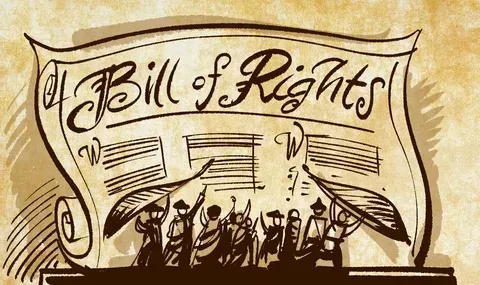Things to Consider When Choosing an Estate Planning Attorney
Most people never stop to truly consider what they want and need from their estate planning attorney. Some are intimated by the process so they find comfort in getting a referral from someone they know. Others are price driven and want to find an attorney who will work within their budget. And others are the “do it themselves” type who use the internet to find providers that offer basic estate planning services. We need to be clear; the above services acceptable and legally sufficient. However, the above methods of finding an estate planner fail to investigate the basic questions of: 1) what are the differences in the services provided by an estate planner and 2) what do I want or need from my estate planner?
These are difficult questions that most people do not want to ask because they are already trying to wrap their minds around the idea of estate planning. What do we mean? Estate planning in its essence is planning for the day your health fails you, and how your beneficiaries will receive your remaining assets.
To put it bluntly: you are planning for your sickness, death, taxes, and future family conflict over the remaining assets. On a great day any one of those topics can ruin your day. It is no wonder that the last thing a client will want to do is ask the two questions above after they just mentally pushed through the topics we discussed in this paragraph. But failing to do that little bit self-analysis will likely cause you unforeseen problems down the road. So, let’s lightly tackle these questions together so that you can start thinking ahead.
What are the differences in the services provided by an estate planner?
In general, you can categorize it as follows: Self-help, a la carte, basic, guided or semi-complex, and very complex. What is even more important to understand is that in these various categories an estate planner may offer you: estate planning documents, education, and counseling/guidance. It is our opinion that most client’s either overlook or are unaware of these three distinctions. Costs will increase the higher the level of service.
Self-help is do it yourself estate planning either with an online service or a book. A la carte is requesting that someone draft one document for you such as an advanced healthcare directive. Basic tends to be an entire legally sufficient estate plan where the attorney spends one to two hours with you, gives you general principles to follow when deciding your affairs, and then likely an assistant or paralegal will draft your estate plan. Guided or semi-complex is where you really start to receive the education and counseling/guidance in addition to the estate planning documents. For example, in basic estate planning you will be told put everything in the trust and that is a good rule of thumb. In a guided or semi-complex setting an attorney will sit with you and review all of your assets and liabilities and then go item by item discussing the pros and cons as to why you should put an asset in the trust. Same for appointing agents, executors, or trustees. As for the very complex, those are situations where you have a high value estate or you have a complex family dynamic where future conflict is possible.
What do I want or need from my estate planner?
As I’m sure you already figured out, this varies person to person. But here are some probing questions to help you figure out what you need:
A) Are you the type of person who often might say “this is good enough” or “it is what it is”?
B) Do you feel like any future contingencies or disputes is something your beneficiaries and agents will have to figure out on their own?
C) Is price you biggest concern or are you working within a budget?
D) Do you want a better understanding of the estate planning process?
E) Do you tend to ask follow up questions or often ask tohave legal documents explained to you?
F) If you are planning with your spouse, do you see eye to eye on everything? Will you benefit from an expert third party objective opinion?
G) Do you have young children and have you laid out a plan as to who and how they will be physically, emotionally, and financially sustained?
H) Is there potential future conflict between your beneficiaries and have you set forth a plan to either manage those conflicts or let them figure it out themselves.
We could easily keep this list going. But we hope you see our point. Inexpensive or little interaction with your estate planner is fine, if you are fine with not investigating questions like the ones above. However, if you would like someone to help you tackle these very tough topics then we would encourage you find an estate planner that provides education and counseling/guidance while you navigate through these difficult topics.
More News & Resources











